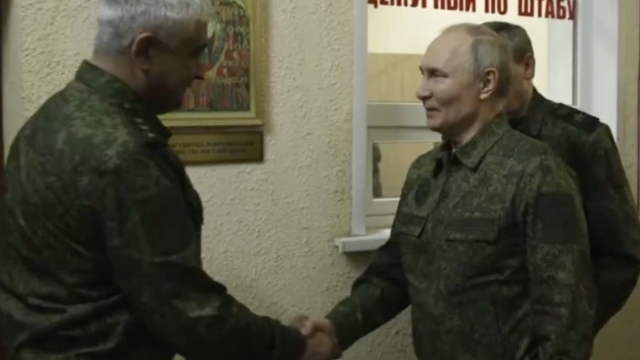St. Petersburg authorities said that passport or driver's license information will be required to access Wi-Fi on the city metro and on other public Internet networks under a new government decree that public network operators require user identification, the government's official newspaper reported Monday.
Municipal authorities have met with public Wi-Fi operators to discuss the implementation of the new law, but said the new measure should not affect Internet access in privately owned places, including restaurants, Rossiiskaya Gazeta reported.
Public Wi-Fi is available in 40 stations of the St. Petersburg metro, as well as on the city's main street, Nevsky Prospekt, at the airport and the Peterhof Palace complex, among other places.
The former capital is not following the example of Moscow, which said Friday that the new law would only apply to certain "collective access points" and not require people to submit their personal information to use public Internet in parks, cafes, universities and public transportation.
See also:
A Message from The Moscow Times:
Dear readers,
We are facing unprecedented challenges. Russia's Prosecutor General's Office has designated The Moscow Times as an "undesirable" organization, criminalizing our work and putting our staff at risk of prosecution. This follows our earlier unjust labeling as a "foreign agent."
These actions are direct attempts to silence independent journalism in Russia. The authorities claim our work "discredits the decisions of the Russian leadership." We see things differently: we strive to provide accurate, unbiased reporting on Russia.
We, the journalists of The Moscow Times, refuse to be silenced. But to continue our work, we need your help.
Your support, no matter how small, makes a world of difference. If you can, please support us monthly starting from just $2. It's quick to set up, and every contribution makes a significant impact.
By supporting The Moscow Times, you're defending open, independent journalism in the face of repression. Thank you for standing with us.
Remind me later.





